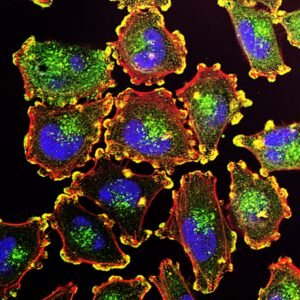Recent studies in aging research reveal insights that could transform how we approach longevity and health in older age. Specifically, scientists at the Longevity Institute discovered a new pathway to enhance cellular health, potentially delaying age-related diseases.
The research focused on NAD+ (Nicotinamide adenine dinucleotide), a protein crucial for cellular energy. As people age, NAD+ levels decline, which reduces cellular function and increases vulnerability to illness. Notably, the study showed that supplementing with NAD+ precursors improved cellular health in older mice, enhancing physical activity and reducing signs of age-related decline.
Dr. Emily Chen, a lead researcher, emphasized, “Our findings could lead to therapies that improve healthspan—the period spent in good health—rather than just lifespan.” Thus, this research may help individuals live longer, healthier lives.
Furthermore, researchers are exploring lifestyle factors in aging. For example, a study published in The Journal of Gerontology analyzed how diet, exercise, and social engagement affect aging populations. The results indicated that a balanced diet, regular physical activity, and strong social connections correlate with healthier aging and lower rates of cognitive decline.
Additionally, AI’s potential in aging research is becoming clearer. Researchers are using AI algorithms to analyze vast health data, which helps identify patterns that could lead to early interventions. Consequently, this technology aids healthcare providers in creating personalized treatment plans for older adults.
As the global population of older adults rises, these advancements are particularly timely. By 2030, an estimated one in six people worldwide will be over 60. Therefore, effective strategies for promoting healthy aging are crucial.
Ultimately, these findings have profound implications for individuals and healthcare systems alike. Continued research may soon lead to innovative approaches that help us live longer, healthier lives.
For ongoing updates and detailed reports on aging research, follow the National Institute on Aging and Aging Cell Journal here.






